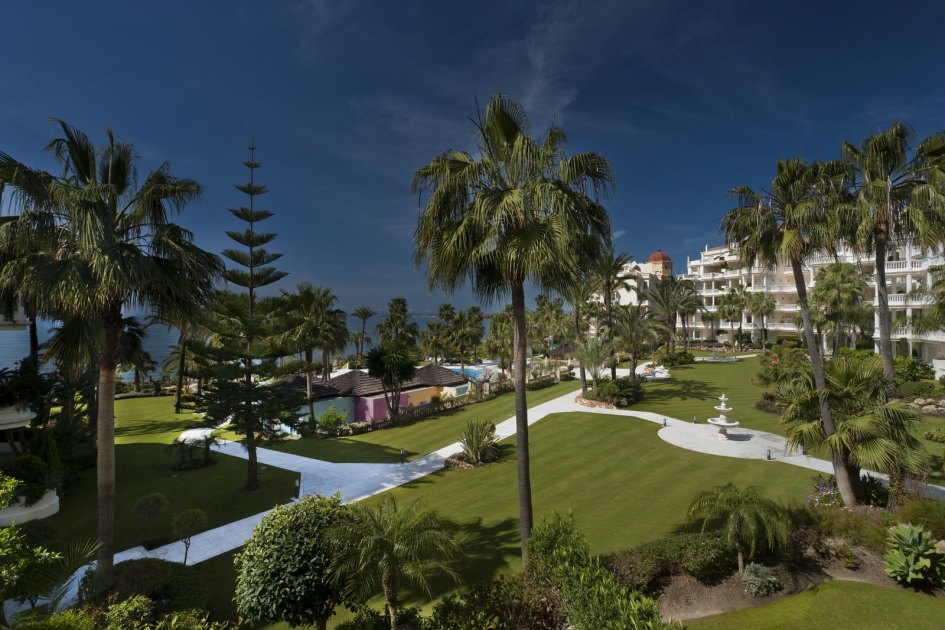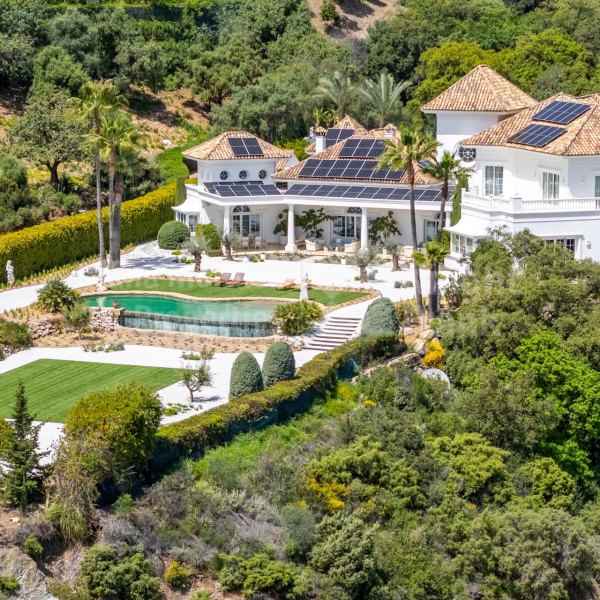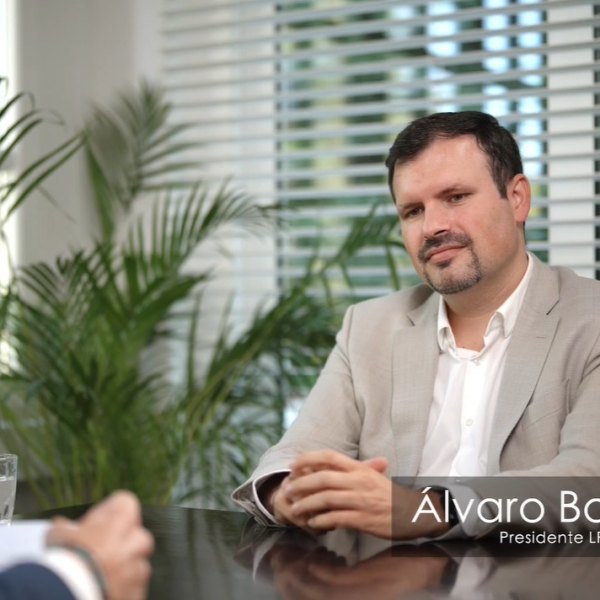New regulation for holiday rental properties in Andalucia

A new law on holiday properties rented out for periods of up to two months comes into force on 11th May 2016.

Property destined for short-term holiday rental purposes has been designated with a new legal status dubbed ‘holiday home accommodation’. It falls under the responsibility of Spain’s Autonomous Communities, which regulate the rental industries within their jurisdiction. Here, we analyse the legal status, established by Decree 28/2016, and tax liability in respect of value added tax (VAT). The new law sets out the requirements that homeowners should meet, the obligation to hold a license as well as any penalties and fines imposed for non-compliance.
Property rental not only has the purpose of offering a long term permanent home to tenants, but can also cover temporary needs, as in the use of properties for tourism purposes and short stay holiday rentals.
In Andalucía the 28/2016 Decree, dated 2nd February, was recently published in the Official Gazette. It comes into force on May 11th and regulates the renting out of property as tourist accommodation for a period of less than two consecutive months a year, which is a very common activity in Andalucía. The law defines tourist properties as those that provide private accommodation for holidaymakers, along with hotels, tourist apartments and rural properties. It is aimed at protecting the rights of both tenant and occupant, and at avoiding unfair competition and damage to other tourist operators.
One characteristic feature for a property to be considered as tourist accommodation in Andalucía is that it is offered on the market and promoted through tourist channels, such as travel agencies, companies that mediate or provide tourist services and web pages that include a booking option. In these cases whoever operates the property for tourism purposes (which may be the owner or any other person with whom a relationship has been established, e.g. the beneficial owner or someone enjoying the usufruct of the property), must file a sworn statement of responsibility to the relevant local office. This statement must include the identification of the property, the owner’s details and address for notification purposes, those of the person who services the property, and the title of his relationship with the owner in the case of an operator. Following this, the property will be registered in the Tourism Registry Office of Andalucía. The owner of the property assumes responsibility for its operation.
This tourist accommodation service may involve the rental of the whole property or extra rooms, depending on the capacity of the provisions of the licence of first occupation. The limit is set at fifteen people in the case of an entire property and six people in the use of spare rooms; in both cases a maximum of four people per room is fixed.
The tourist property offered must meet the following requirements:
a) Have a first occupancy licence.
b) Direct ventilation of the rooms and shading of the windows, unless the building is a listed or protected building and these works cannot be carried out.
c) Have sufficient furniture and basic household ware for its immediate use by all occupants.
d) Cooling system in the months of May to September and heating from October to April, supplied via fixed devices. Protected or listed buildings are also exempt from this.
e) First-aid kit.
f) Provide tourist information of the area, as well as a Complaints and Claims book that must be available in a visible place.
g) The property must be cleaned prior to the arrival and departure of new occupants.
h) The property should be equipped with kitchenware and two sets of bedding and linen, sufficient for the number of places that are offered.
i) To provide telephone numbers in case of emergency.
j) To provide manuals or instructions for the use of devices and electrical appliances.
k) Inform clients of the rules for the use of the facilities, pets and smoking restrictions.
The relationship between the operator and the occupant will be formalised in a duplicate document, which must contain the name of the person or service provider of the property, the registration code number entered in the Andalusian Tourism Registry, the number of people that are going to occupy the property, the dates of arrival and departure, the total cost of the stay, as well as a contact telephone number in case of emergency. The operator must keep the document for at least a year and it has probative value for administrative purposes.
The duration (the start time and end of the occupation) will be determined in agreement by both parties. Alternatively, the day of arrival starts at 4.00pm and finishes at 12.00am on the day of departure. The person in charge should be present at the property or arrange in advance to hand over the keys. Rental rates are left to the discretion of both parties, as well as conditions relating to reservations, advance payments and cancellation fees. If not specifically set, however, the standard provisions of the new law will be applied.
The law establishes general provisions regarding the rights and obligations of both parties. Special emphasis is made regarding cohabitation rules. In the case of non-compliance of these rules, the service provider may request that the client vacates the property within 24-hours. In relation to the ‘right of admission’, it is forbidden to restrict access based on the individual’s age, race, gender, religion or any other personal/social circumstances.
Concerning infractions and penalties, the terms of Sector I are to be applied, although Decree 28/2016 makes special mention of illegal activity. Illegal activity is considered to be the advertising in any media form or the provision of tourist services without having made the required declaration of responsibility. This is considered a very serious offence and can be punished with a fine of between 2,001 and 18,000 euros, and additionally suspension of the business activity or closure of the establishment for up to six months.
A transitional period has been established, so that the owners of rental properties have one year from the enforcement of Decree 28/2016 to adapt themselves to the requirements as stated in the provisions of Article 6.
Finally, if the service is offered according to the requirements set out in Decree 28/2016, the activity of tourist accommodation is considered exempt from Value Added Tax (VAT/IVA). However, VAT tax will be applicable if the property offers additional hotel services such as reception or permanent and on-going customer care, periodic cleaning of the property and changing of the bed and bath linen, laundry services, luggage storage, press delivery, reservations service, etc.
Author:
Rafael J. Cantero Castillo (LL. M.).
Lawyer.
[email protected]
@RCanteroLegal
Related Articles

Andalusia Tax Reform 2026- What Property Investors Should Know
2 min. read · Pia Arrieta

Sustainability in Spanish housing: how important is it?
9 min. read · Pia Arrieta

Building Trust in Marbella’s Property Market | LPA Insights
20 min. read · Pia Arrieta

The impact of foreign property buyers in Spain
6 min. read · Pia Arrieta